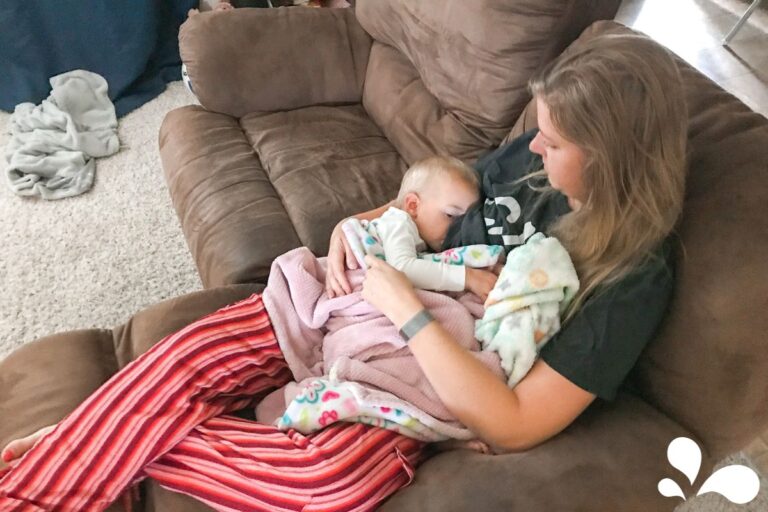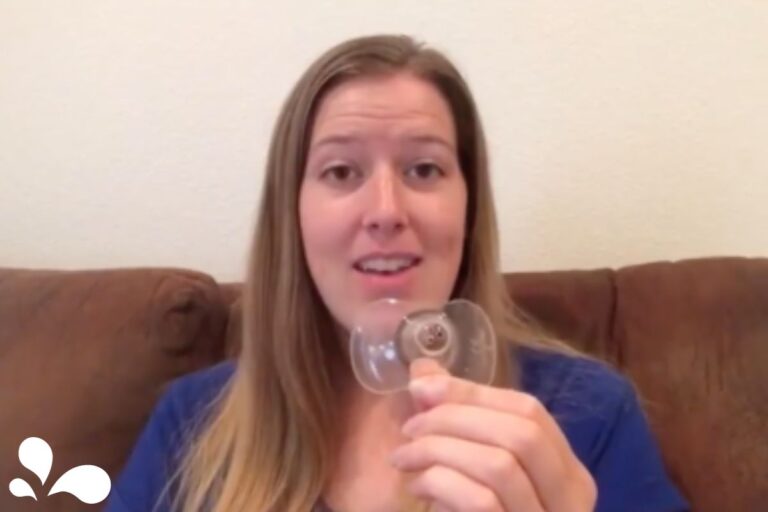You’re going to get mixed opinions on pumping milk, but we’re here to guide you through to make pumping the best possible experience. Whether you’re exclusively pumping or pumping to supplement meals here and there while you’re out, pumping is a great option. This post covers the why, when, and how often of pumping.

Why Pump Your Breastmilk
Many reasons can lead you to pump your breastmilk. You may be exclusively pumping to feed your baby, or you may be pumping as you’ll be away from baby for a while. Regardless of your cause, your goal is to remove the milk to replace a feeding. To maintain supply, you need to breastfeed or pump consistently.
We know that with breastmilk production, supply depends entirely on demand. Removing milk more often means more milk available; removing milk less often means less milk available; finally, consistently removing milk means your supply will remain consistent. Understanding breastmilk supply and demand is why it is crucial not to skip pumping if you are away from baby for a feeding.
When Should You Start Pumping
Typically, you shouldn’t start pumping until three to four weeks postpartum, allowing your breastfeeding relationship to solidify and your supply to develop and regulate. As long as your baby latches soon after birth and at term, you can delay pumping. However, some circumstances may lead you to pump earlier. These circumstances may include the following:
- The decision to exclusively breastfeed
- Premature/NICU baby
- A need for increased calories (low blood sugar or high bilirubin levels)
As mentioned, though, typically, you should be able to wait the recommended 3-4 weeks postpartum to start pumping if you desire to build up a supply of extra milk for your baby or enough to provide feeding(s) away from baby.
How Often to Pump
How often to pump varies based on why you’re pumping.
If you are exclusively pumping, you will pump every 2-3 hours during the day and every 4-5 hours during the night. You’ll pump 8-12 times within a twenty-four-hour window. This schedule might last the first several months or extend longer. Your body and your baby’s demands will vary. Your schedule might change according to your breastmilk supply.
Now, if you’re pumping and you are not exclusively pumping, this is how often you need to pump when looking to either build a store:
- Between feedings
- To replace a missed feeding (as close to the missed feeding as possible)
- Once a day after a feeding
Again, your body will vary, and your body’s response to a pump will vary.
Conclusion
Pumping is an excellent resource in providing options to moms everywhere. While many find it frustrating, we’re happy to help you figure out how to make pumping work for you.








